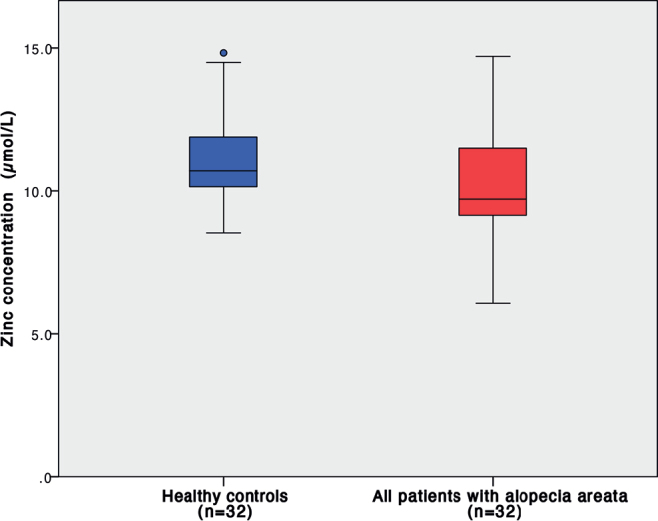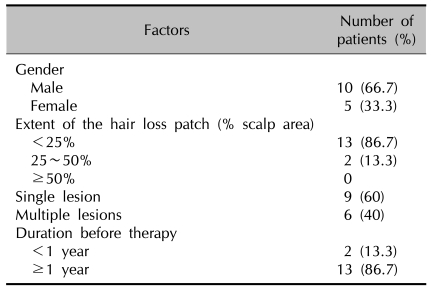The Myth of Regrowing Your Hair: From Survival to Thrival
Let's face it: losing your hair sucks. The power to reclaim your hair and your confidence lies within you. This is about understanding your body, mobilising vital forces and implementing sustainable, science-backed strategies.

The Harsh Reality of Hair Loss (and a Glimmer of Hope)
Let's face it: losing your hair sucks. It's not just about vanity; it's about confidence, self-image, and feeling like you're losing a piece of yourself. You're not alone in this; it's a common struggle for men (but also women), and the emotional weight is real.
The internet is flooded with "miracle cures" and snake oil salesmen promising instant regrowth. You're bombarded with conflicting information, and it's hard to know who to trust. It's frustrating, confusing, and leaves you feeling even more hopeless.
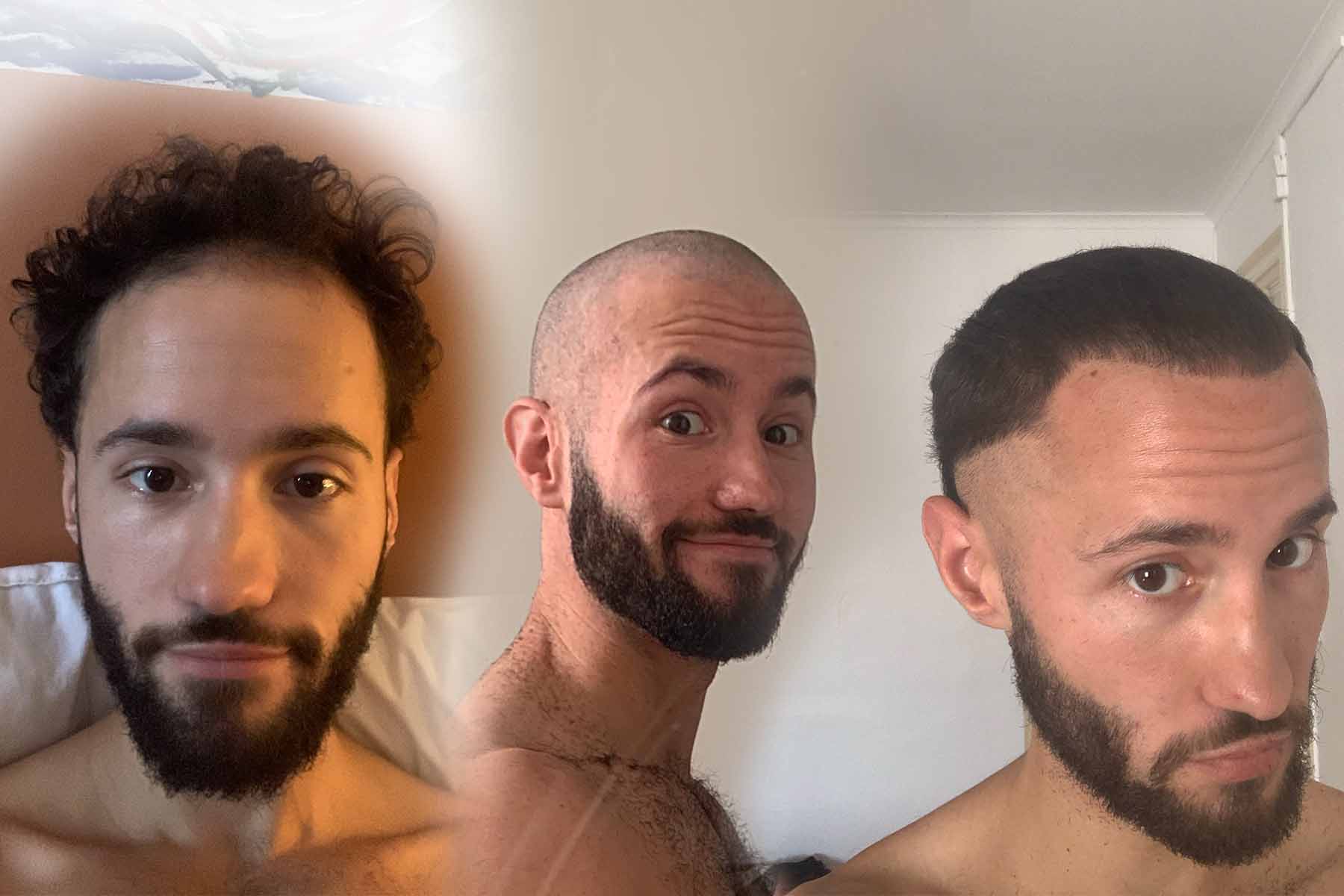
I've been there. I've felt the frustration, the anxiety, and the self-consciousness that comes with watching your hairline recede. But I refused to accept defeat. I dove deep into the research, experimented with different approaches, and ultimately found a path that worked for me.
You can take control of your hair loss. It won't happen overnight, and there are no guarantees.
Think about it: You wouldn’t expect to fix something in a day that you have been destroying for the past years on poor lifestyle choices. It’s the same with your hair! As a rule of thumb: Give every type of try at least 6 months of consistency to see tangible results.
The Principles: Understand and Innerstand first
I could rattle off a list of things to do until I'm blue in the face. I could tell you to take this supplement, apply that oil, and stand on your head at dawn. But if you're just blindly following instructions without grasping the why behind them, or understanding the very lens through which I'm sharing these insights, you're setting yourself up for failure. This is not a quick fix; it's about a fundamental shift in how you approach your life, body and your hair.
Let’s dive in!
The Body's Dichotomy— Sympathetic vs. Parasympathetic Activity:
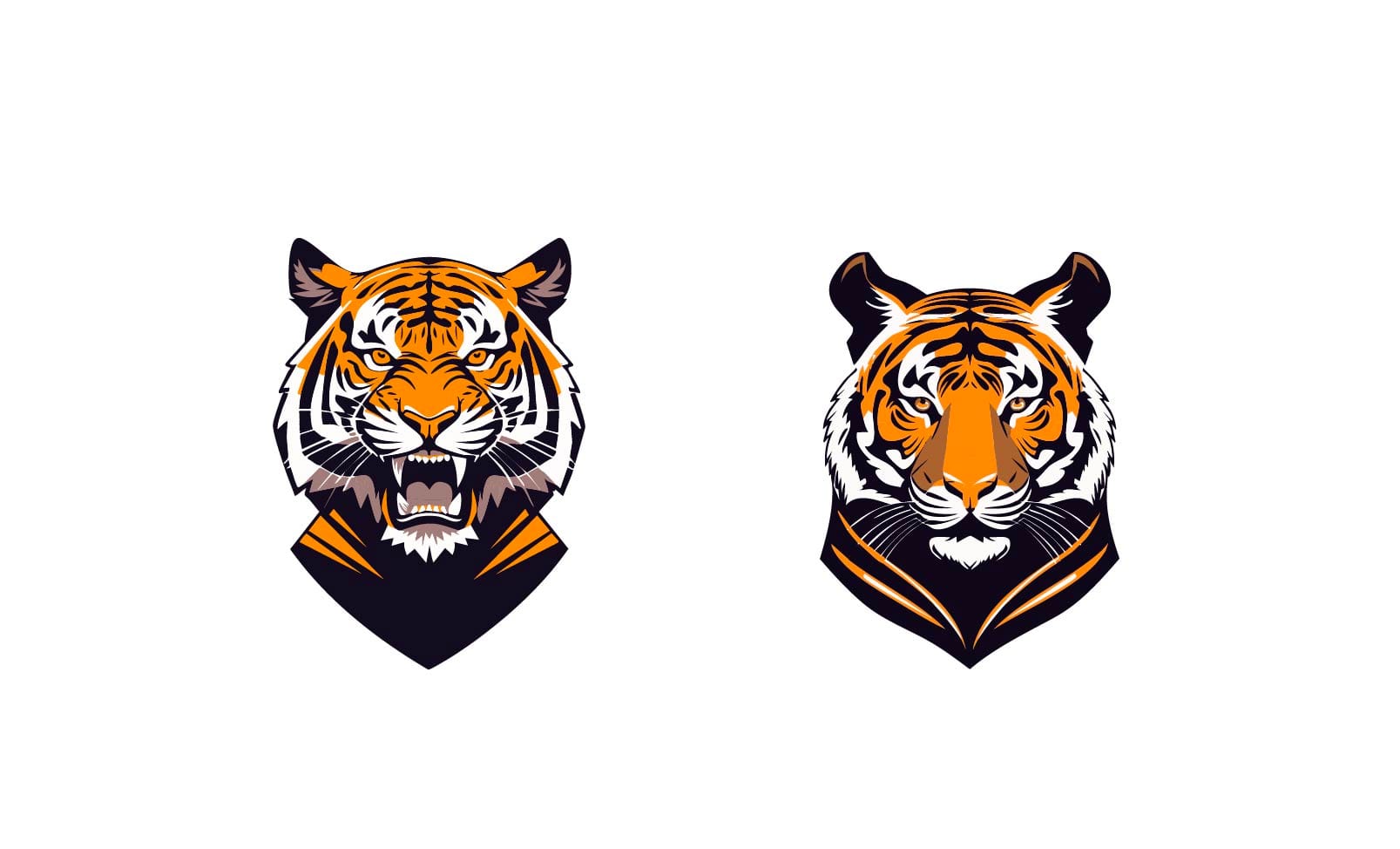
On one side, you have the sympathetic nervous system – the "fight or flight" response. It's what kicks in when you're stressed, rushed, and in survival mode. On the other side, the parasympathetic nervous system is your "rest and digest" state – where healing, repair, and growth occur. We're constantly teetering between these, but modern life often keeps us stuck in sympathetic overdrive, which is a disaster for long-term health and, yes, your hair.
“Stress” can still be good and bad though: Know the two:
Eustress: The Good Stress
- Quick Hit: Short-lived and focused. Followed by anabolic rebound.
- Your Choice: Intentional engagement. You decide to do it.
- Feels Good: Exciting and stimulating. You feel excited about it.
- Sharpens You: Mentally challenging. You’ll also grow psychologically from it.
Distress: The Bad Stress
- Drags On: Prolonged and chronic. Drags on for days, weeks, months or years.
- Creeps In: Often unconscious. You don’t really pinpoint what’s it about.
- Drains You: Physically and mentally. It takes energy from you.
- Wears You Down: Ultimately damaging. Will make you age quicker.
Now that you know the ying and yang of your body and it's response to stress; and it’s reaction to stress (rest and digest), it’s time to holistically balance your life out with the 4 doctors:
The Four Doctors by Paul Chek:
The renowned holistic health practitioner Paul Chek talks about the "Four Doctors" –
- Dr. Quiet (rest),
- Dr. Happiness (emotional well-being),
- Dr. Diet (nutrition), and
- Dr. Movement (exercise).
These are internal principles that govern your health. Ignoring any one of them throws the whole system out of whack, impacting everything, including hair growth.
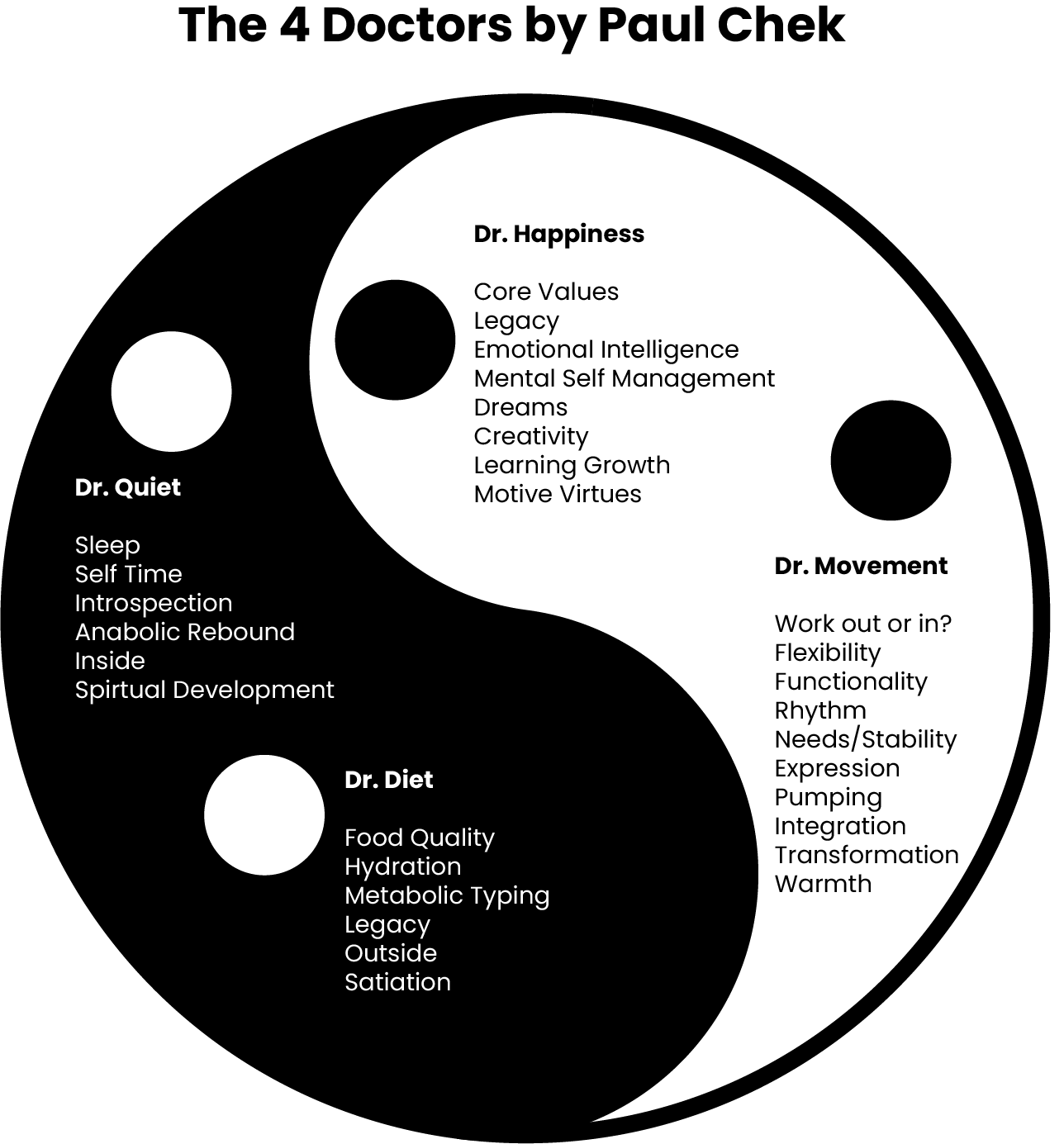
Dr. Quiet: Rest & Repair
- Think of Dr. Quiet as your body's construction crew, working the night shift. While you're sleeping, your body's in full repair mode – rebuilding tissues, balancing hormones, and clearing out mental clutter.
- Sleep is the chief anabolic force. Anabolic means building up and repairing. Without enough quality sleep, your body stays in a catabolic state, which means breaking down. No repair, no growth – not for your muscles, your mind, or your hair.
- The first 4 hours of sleep are mainly for physical repair. From 10pm to 2am you body is repairing tissue (included hair), be sure to rest at that time. The last 4 hours are more for mental and emotional restoration. Skip on sleep, and you're hindering your body's ability to recover from the daily grind.
- And "rest" isn't just sleep. There's active rest (light activity like a brisk walk), passive rest (cross-training), and total rest (doing absolutely nothing). All are important for managing stress and giving your body the downtime it needs.
Dr. Diet: Fuel & Nutrition
- Dr. Diet provides what is called "acquired Chi". Think of Chi as your life force energy. You're born with some, but you get more from the food you eat and the air you breathe.
- Good nutrition is not only about calories; it's about quality. Food grown in healthy soil, free from pesticides. That means healthier plants, healthier animals (if you eat them), and ultimately, a healthier you.
- And don't fall for the one-size-fits-all diet nonsense. The Chek-approach emphasizes that people thrive on different macronutrient ratios (proteins, carbs, fats): There is no optimal diet for everyone!
- There is no optimal diet for anyone for any period of time, which may be as short as one meal depending on stress factors and environmental influences.
- A diet that “cures” you may eventually harm you if you don’t pay attention to what your body-mind is telling you. One man’s cure is another man’s disease! Diet dogma is very dangerous.
Dr. Happiness: Emotional Well-being
- Dr. Happiness is about knowing what truly lights you up. What makes your soul sing? What gives your life meaning?
- It ALL starts with your "1 Love" – your ultimate dream or purpose. Taking steps to actualize your ultimate dream/purpose in this life will mobilize vital forces you did not even know were available to you.
- Happiness is essential for your health. When you're happy, your body shifts into that parasympathetic "rest and digest" state, which is crucial for everything from digestion to hormone balance to hair growth.
Dr. Movement: Mobilization of Energy & Blockages
- Do you need a work-out or work-in? A “work-out” is expending more energy than the mobilization of energy produced. A “work-in” mobilizes more energy than it expends. Choose wisely in relation to your current stress level. Movement can be medicine, but is ultimately a form of stress.
- Your body doesn't think in terms of isolated muscles; it thinks in terms of movement patterns. Think about lifting something heavy or throwing a ball – it's a coordinated effort of multiple muscles working together. The more your posture is aligned and your structural integrity is in place, the less stressed you are.
Hormonal Health: The Delicate Road to avoid Burnout (and Brownout)
Hormones are the chemical messengers that orchestrate countless processes in your body, including hair growth. Hormones are the chemical signals that are dictated by your parasympathetic vs symphatetic balance. If you are relaxed, your hormonal balance is different to when you are stressed. When this delicate balance is disrupted, especially through chronic stress, the consequences can be significant.
Constant stress leads to adrenal fatigue. Your adrenal glands, responsible for producing cortisol and other stress hormones, can become depleted.
This chronic depletion can manifest as burnout – feeling constantly exhausted and overwhelmed.
The Goal: Recovering from chronic survival mode. But that isn't a weekend retreat; it takes consistent effort over time. While a precise timeline varies for everyone, a holistic recovery, addressing all aspects of your lifestyle, can take months, even years, to fully restore balance. It's a marathon, not a sprint.
And now comes to the last principle to innerstand, before we come to the practical and applicable advice.
Malnutrition and the Body's Compensation:
Your body is incredibly adaptive, but it pays a price for prolonged periods of inadequate nutrition. Think about it: if your body is starving for essential nutrients, where do you think it will prioritize their use? Vital organs and functions will take precedence over "non-essential" things like robust hair growth.
Studies on conditions like anorexia nervosa clearly demonstrate this: bone loss is alarmingly prevalent, with up to 30% of individuals with anorexia developing osteoporosis and a staggering 90% experiencing bone thinning (osteopenia). This shows how the body sacrifices structural integrity when deprived. Similarly, if your body isn't getting the building blocks for healthy tissues, including hair, it will compensate, leading to thinning and weakening.
I can't prove to you 100% that your hair get’s thinner through malnutrition, but if your bone structure weakens, you can be almost sure that your hair does too. Use common sense.
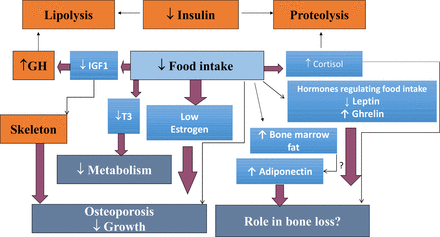
Now, with this foundational understanding in place, the actionable steps will make far more sense. You'll be implementing them not as random tips, but as strategic moves aligned with the fundamental principles of how your body works.
Action Steps: Concrete Steps You Can Take Right Now
Forget the wishful thinking. Real change comes from consistent, focused action. Here’s how we start building a foundation for hair revival, both inside and out:
Shifting Gears: Getting Out of Survival Mode & The Importance of Being
Modern life is a stress factory. We're constantly bombarded with deadlines, worries, and anxieties. This chronic stress triggers a hormonal cascade, and that's where things get tricky: the stress hormone cortisol’s cascade.
Understanding the hormonal ripple effect when you're stressed is important. Your body pumps out cortisol. Cortisol is a "stress hormone" and a major biological function disruptor. It can throw your entire endocrine system off balance, potentially messing with other hormones that play a role in hair growth. Think of it like a domino effect.
Why? Because when you’re in survival mode, and currently running from a tiger in the jungle, growing your hair is not that important. It’s all about priorities.
Your body's default state shouldn't be one of constant stress. Here's how to shift into a growth-promoting state:
- Eat Proper Quantity & Quality: Starving yourself or eating inadequate amounts sends your body a signal of scarcity. Fuel yourself properly with nutrient-dense foods. Forget the fasting for now. Also forget the intermitted fasting if you’re doing it in the morning. It’s too much stress for the body. As soon as you wake up, think about making food!
- Ditch the Drama & Embrace Parasympathetic Dominance: Chronic stress puts you in sympathetic "fight or flight" mode. We need to actively cultivate the parasympathetic "rest and digest" state. Practices like deep breathing, meditation, gentle movement, and spending time in nature can help shift your nervous system.
- Eat Early, Align with the Sun: This is about working with your natural circadian rhythms. Your metabolism is generally more robust earlier in the day. Aim to consume a significant portion of your calories when cortisol levels are naturally higher. This signals to your body that it's a time of abundance, not famine. Think about this: You would only feed a fire(metabolism) with more logs(food), when the fire is big enough. When the sun is highest, your fire is biggest.
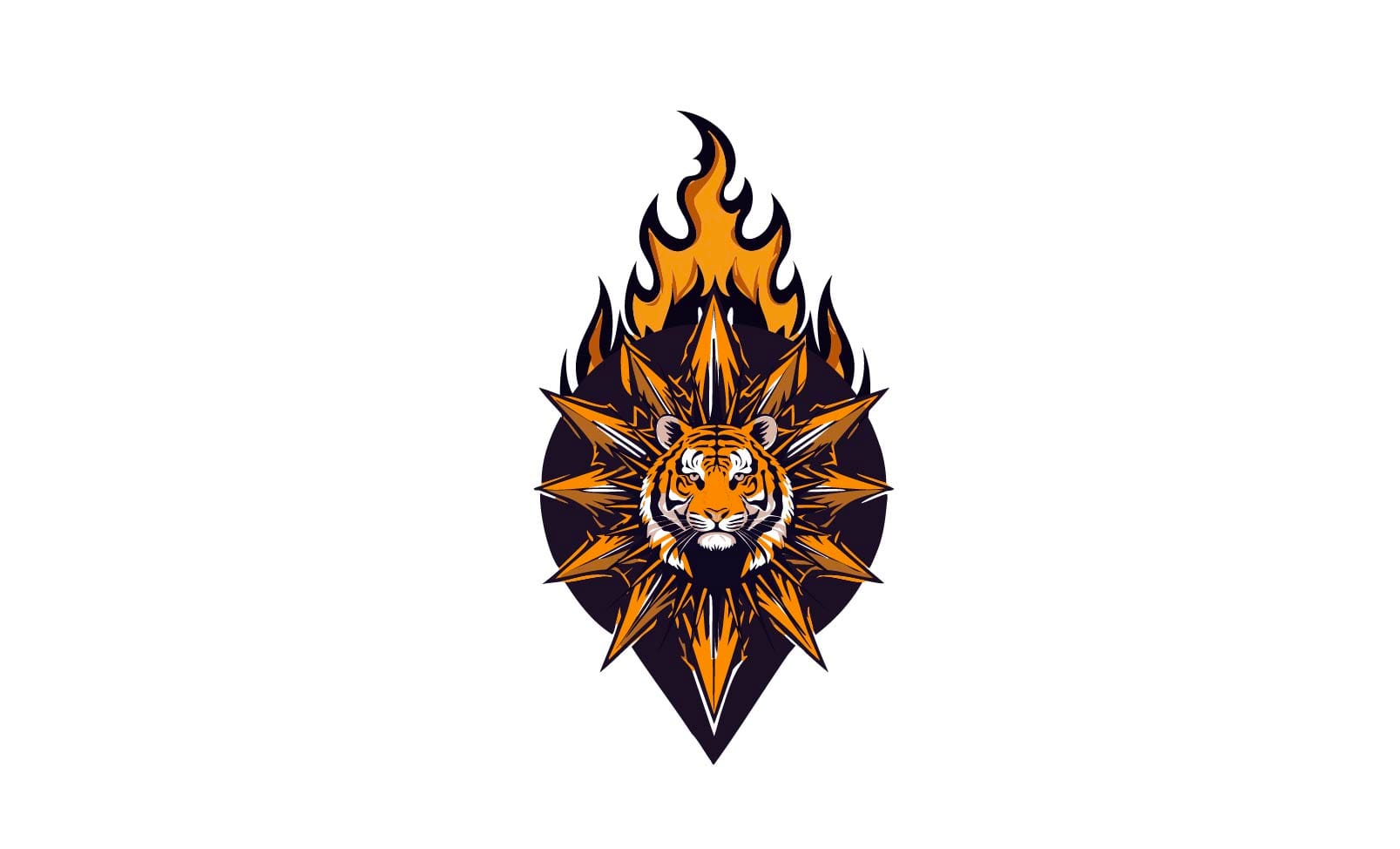
Improving Blood Flow in the Scalp for Thicker Hair
Your scalp is the soil where your hair grows. Poor circulation means fewer nutrients reaching the follicles. Let's get the blood flowing:
- Stop Overthinking: That constant mental chatter? It can translate to physical tension, including in your scalp muscles. Studies have shown a direct link between stress and tense muscles. These muscles then have decreased blood flow— and that also applies to the muscles in your scalp. Means lesser blood circulation to your hair.
- Massage Your Daily Scalp Ritual: Regular scalp massage isn't just relaxing; it physically stimulates blood flow to the hair follicles. Make it a habit. Use your fingertips to gently knead and circulate the scalp. Consciously practice relaxation techniques for your scalp, just like you would for any other muscle group.
- Microneedling: Stimulating Collagen & Circulation: This involves creating tiny micro-injuries on the scalp, which triggers the body's natural healing response, boosting collagen production and improving blood flow to the area.
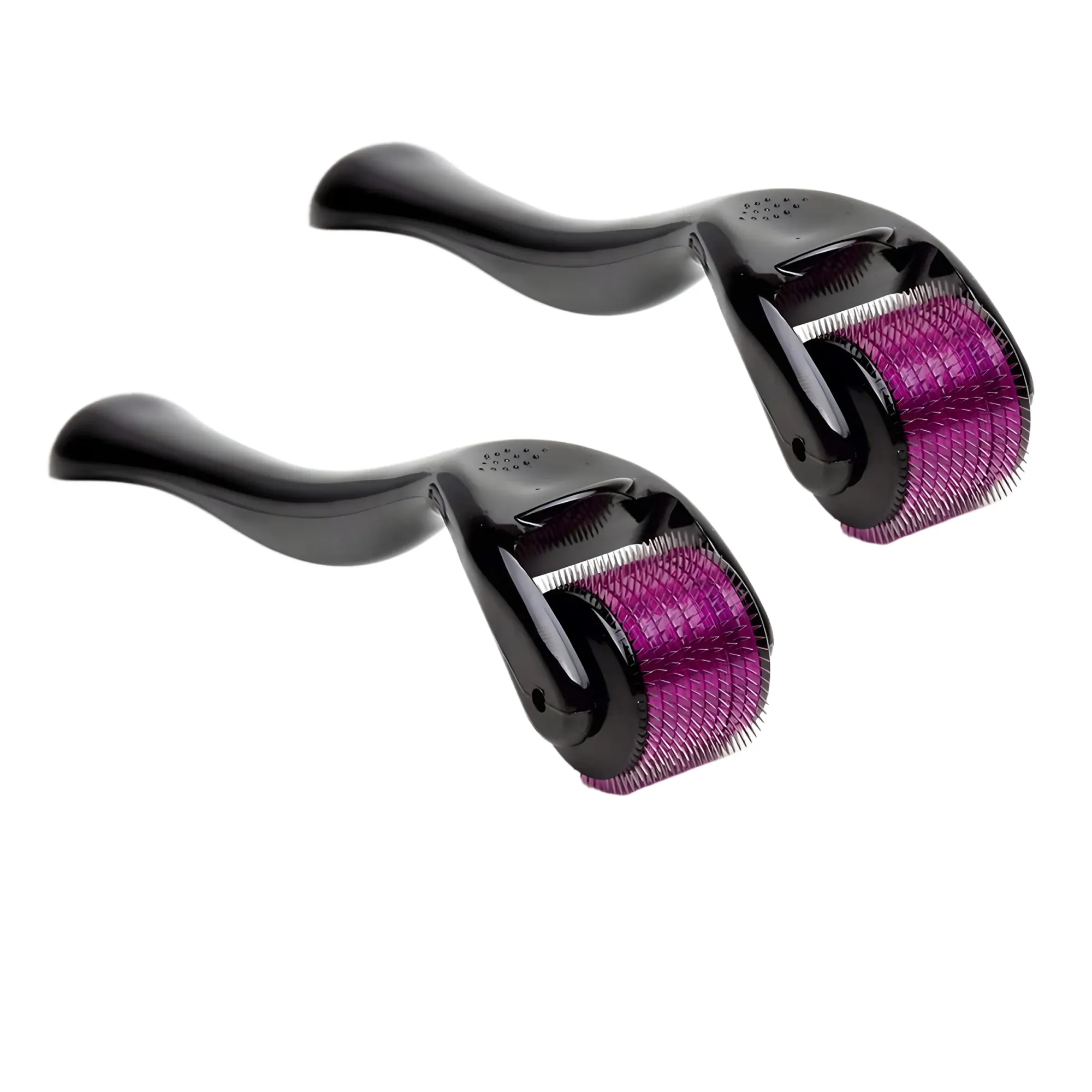
- The Power of Topical Blood Flow Boosters: Minoxidil & Rosemary Oil: Both minoxidil and rosemary oil work, at least in part, by increasing blood flow to the scalp. Minoxidil has more robust scientific backing, while rosemary oil offers a more natural approach with promising, though less extensive, evidence. Consistency is key with both. I personally used rosemary and ricinus oil and it worked wonders. Test it on yourself.
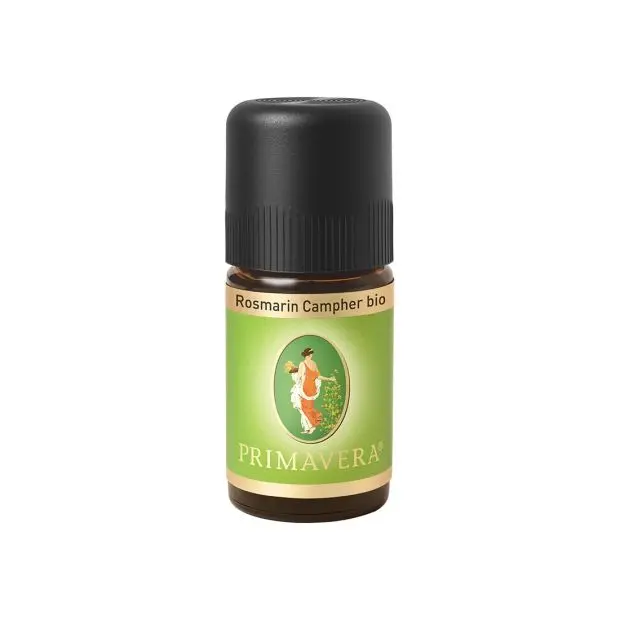
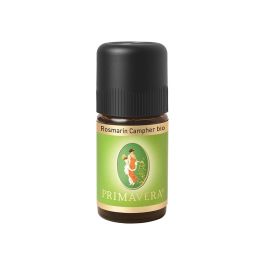
- The Natural Brush and Gentle Stimulation: Brushing your hair with a natural bristle brush not only detangles but also gently massages the scalp, promoting circulation without causing excessive pulling or damage.
Fueling Growth: The Essential Building Blocks for Hair
Here's what to focus on:
Silica & Silicon

- Silica Power (Bamboo Extract for natural source): This often-overlooked trace mineral is crucial for hair strength and elasticity. Consider incorporating a high-quality bamboo silica supplement. It's like giving your hair strands the structural integrity they need.
Collagen
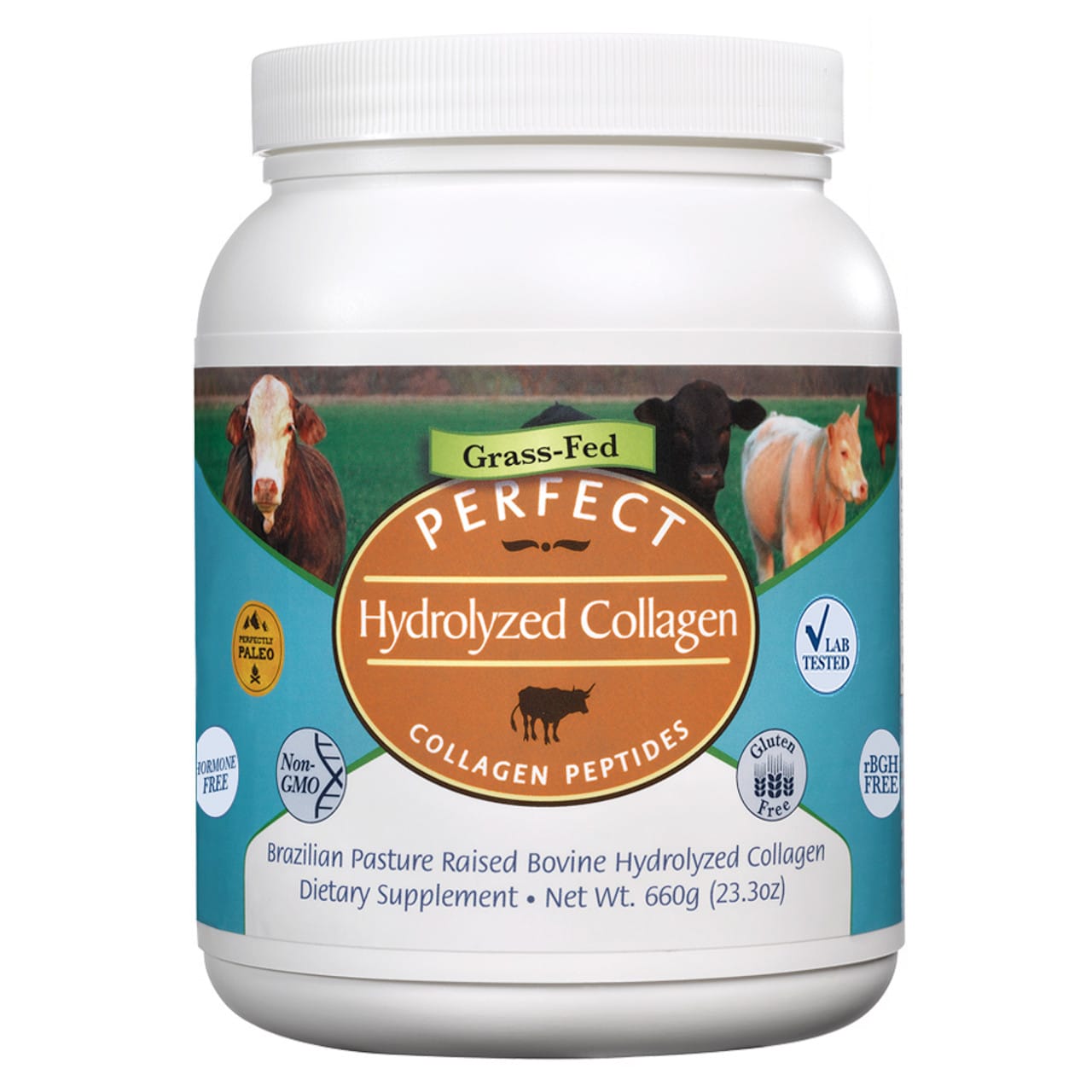
- Collagen Foundation (Grass-Fed & Organic Beef Collagen for natural source): Collagen is not only for youthful skin and general recovery; it's also good for hair. Opt for grass-fed and organic sources to ensure you're getting the purest form of this vital protein.
Zinc
- The Zinc-Copper Balance: These two minerals are like partners. It's often described as an antagonistic relationship, meaning that high levels of one can interfere with the absorption and utilization of the other. Ensure you're getting them in the right ratio. An imbalance can actually hinder hair health.
In summary…
the available studies suggest that silica and collagen may have beneficial effects on hair growth and hair health through various mechanisms, including promoting collagen synthesis, supporting hair follicle cells, and influencing growth signaling pathways.
Regarding zinc, lower levels appear to be associated with hair loss, particularly alopecia areata and telogen effluvium, and supplementation may be beneficial in individuals with zinc deficiency.
Copper levels, in contrast, did not show a consistent significant association with hair loss in the studies reviewed. But as mentioned, due to the antagonistic relationship between zinc and copper, it is important to take both in a balanced approach.
Your Integrated Hair Revival Roadmap
We kicked things off by acknowledging the emotional gut punch that hair loss delivers and cutting through the noise of empty promises. Then, we laid the essential groundwork: understanding your body's stress response.
We delved into practical strategies: prioritizing early, quality meals to sync with your circadian rhythm and escape survival mode, actively cultivating relaxation to boost scalp blood flow, and understanding the power of specific nutrients like silica, collagen, and the balanced dance of zinc and copper.
You now know that this isn't just about applying a topical treatment; it's about a comprehensive lifestyle shift.
The power to reclaim your hair and your confidence lies within you.
Have specific questions? Drop a comment below!
I'm here to guide you on this journey.
Yours truly and fully alive,
kiss kiss,
Tarkan
References:
Bone Loss in Anorexia Nervosa:

Silica & Silicone



Collagen:

https://www.jmb.or.kr/journal/view.html?uid=6317&vmd=Full
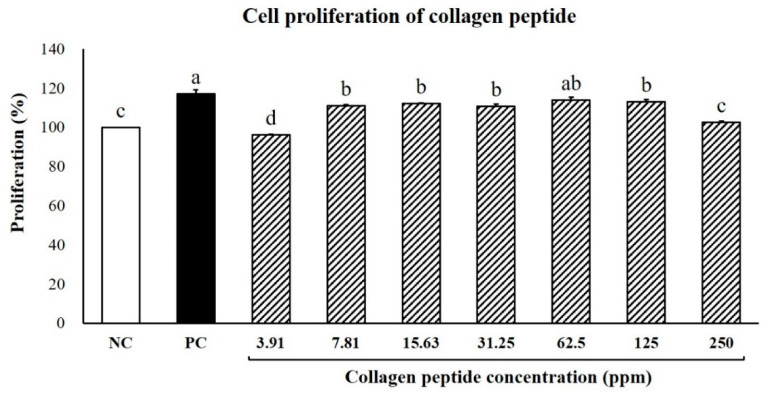


Zinc and Copper:
